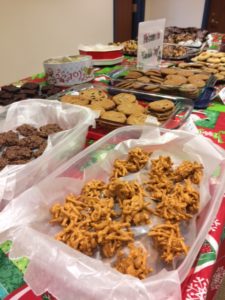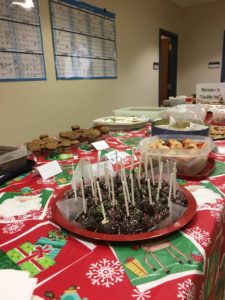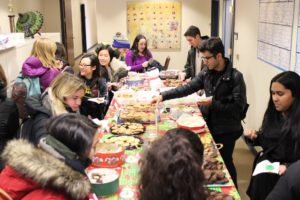With only a month left until Ford School’s admissions application deadline, many of you are sitting in front of the computer mapping out your writing strategy for the personal statement and the statement of purpose, thinking about what to include on your resume, and wondering how your application could best communicate your commitment to 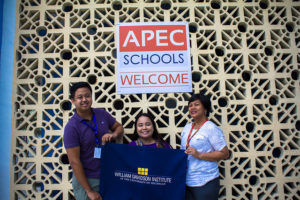 public service. Key to that understanding is being able to tie your aspirations with general aspects of student life at the Ford School. In this post, I want to answer some of those questions by sharing my experience at the Ford School and what made me choose this amazing public policy institution. While there’s no cookie-cutter journey that shapes a graduate student in public policy, I hope to provide you with some key reflections and learnings as you explore your options.
public service. Key to that understanding is being able to tie your aspirations with general aspects of student life at the Ford School. In this post, I want to answer some of those questions by sharing my experience at the Ford School and what made me choose this amazing public policy institution. While there’s no cookie-cutter journey that shapes a graduate student in public policy, I hope to provide you with some key reflections and learnings as you explore your options.
My path to grad school followed a very conventional path. I first learned about the Ford School when I met Beth Soboleski at the Public Policy and Leadership Conference at the Harvard Kennedy School, and a year later, I found myself in Ann Arbor as a Public Policy and International Affairs Fellow. After graduating from Macalester College, I took an 1,100-mile road trip from Saint Paul, Minnesota to Washington, DC where I worked as an international development professional at DAI prior to entering grad school. For me, grad school was a chance to gain more skills, expand my network, and pivot towards a leadership role in the international sector.
At the Ford School, I set out to do exactly as I had planned. Along with core classes, I’m taking as many international courses as possible, and I co-chaired the Ford School’s International Policy Students’ Association. In March, I will head to Athens, Greece with other Ford School students for annual International Economic Development Program, where we will delve into critical domestic and international policy issues that affect the country.
Even my internship experience was completed abroad. This past summer, I accepted a position as a Summer Fellow at the Pearson Affordable Learning Fund (PALF) and was embedded in PALF’s portfolio company, the Affordable Private Education Centers (APEC) in the Philippines, the country’s largest private school. PALF is the venture capital subsidiary of Pearson Plc, the world’s largest learning company. As a Fellow, I shaped APEC’s academic strategy and directed two work streams critical to the school’s efficacy objectives.
For a path that looks conventional and straightforward, my journey also took some interesting turns. Since entering grad school, I’ve become increasingly interested in policies and issues that affect the LGBT community. To that end, I joined Out in Public, the Ford School’s LGBT student organization and a group I currently co-chair. Last year, I organized a University-wide event on HIV prevention and pre-exposure prophylaxis (PrEP) with panelists from the White House, the Human Rights Campaign, and Michigan’s School of Public Health. In light of the 2016 Presidential Elections’ outcome, our group now plans to establish an LGBT Policy Leadership Institute in March 2017, where we plan to train queer students on the fundamentals of building, organizing, and leading policy campaigns around issues that affect the LGBT community.
I could not have done all of the things I set out to do in grad school without the tremendous financial, academic, and professional development support that the Ford School and the University of Michigan invests in its students. The Ford School’s curriculum allows me to apply a set of tools across a diverse array of policy areas, with opportunities to broaden or specialize in multiple or specific disciplines that are taught within the University such as law, business, environment, urban planning, engineering, public health, education, social work, etc. As a recipient of the Rackham Merit award and of the WDI Fellowship, I’m able to afford this prestigious, yet expensive degree and travel to opportunities that expand my professional experience. Furthermore, as part of a small school within a top public university that boasts the largest network of living alumni in the world, I constantly encounter Michigan alumni, students, and faculty in my travels who are excited to share their story and are eager to support my aspirations.
Your grad school journey is about to begin, and it could not be a more interesting time to pursue a career in public service. In our classrooms, not only will you learn how to impact and transform public policy from faculty who are at the forefront of these policy debates, you will also become part of a supportive community that will help you shape and own your grad school experience. To show how this support has helped us, let me tell you what happened after the 2016 elections. On November 9th, many students at the Ford School were devastated at the outcome and found it difficult to process how this election will affect our personal and professional lives. To my relief, Betsey Stevenson, our Public Finance professor cancelled that day’s lesson and provided a space for us to discuss and reflect on our thoughts and frustrations about the elections. Later that week, many Ford School faculty and staff opened their doors to further help us process the election results. Since November 8th, our school (and the University writ-large) has provided multiple resources on career paths in public service given the new administration, as well as support specifically for DACAmented and international students. The Ford School is committed to ensuring that we thrive in this current political environment, and while many of us are still grappling with the outcome of the elections, I know I can count on the Ford School’s and University of Michigan’s community to support my professional growth.
зеркало леон

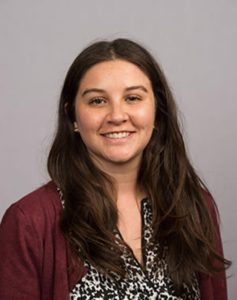 I was born and raised in Santiago, the capital of Chile. I attended Diego Portales University to get my bachelor degree, with a major in Political Science. After graduation, my first job was at CIEPLAN, a Chilean think tank focusing on national and Latin American politics and economy. In the following years, I had several and very different jobs: I was an analyst for a market research consulting company; a member of the gender unit for Michelle Bachelet’s Presidential Campaign; a consultant at the Office for the South Cone of Latin America of the International Labor Organization (ILO); and an advisor at the Chilean Ministry of Interior. During this period, I also worked as a teaching assistant, tutor and research assistant at the School of Political Science of my university.
I was born and raised in Santiago, the capital of Chile. I attended Diego Portales University to get my bachelor degree, with a major in Political Science. After graduation, my first job was at CIEPLAN, a Chilean think tank focusing on national and Latin American politics and economy. In the following years, I had several and very different jobs: I was an analyst for a market research consulting company; a member of the gender unit for Michelle Bachelet’s Presidential Campaign; a consultant at the Office for the South Cone of Latin America of the International Labor Organization (ILO); and an advisor at the Chilean Ministry of Interior. During this period, I also worked as a teaching assistant, tutor and research assistant at the School of Political Science of my university. 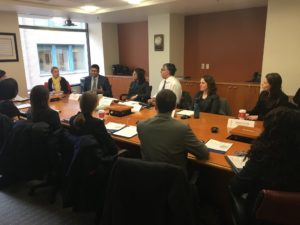
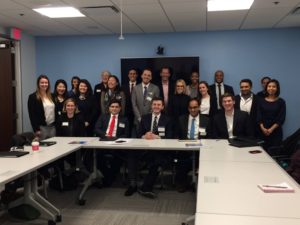
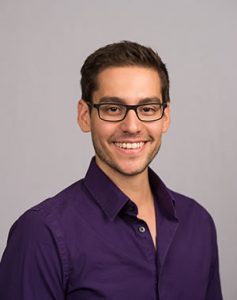 My name is Kenny Fennell and I am a second year Master of Public Policy student at the University of Michigan’s Ford School of Public Policy. I received my bachelor of science in civil and environmental engineering across the river from my home town of Cambridge from Northeastern University in Boston, Massachusetts. I have five years of experience working on economic development and infrastructure projects in Afghanistan, Haiti, Poland, and Honduras. This past summer I completed my Ford School internship by facilitating renewable energy projects in Jakarta, Indonesia with the U.S. Government’s Millennium Challenge Corporation.
My name is Kenny Fennell and I am a second year Master of Public Policy student at the University of Michigan’s Ford School of Public Policy. I received my bachelor of science in civil and environmental engineering across the river from my home town of Cambridge from Northeastern University in Boston, Massachusetts. I have five years of experience working on economic development and infrastructure projects in Afghanistan, Haiti, Poland, and Honduras. This past summer I completed my Ford School internship by facilitating renewable energy projects in Jakarta, Indonesia with the U.S. Government’s Millennium Challenge Corporation.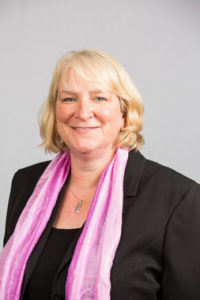 Services & Alumni Relations at the Ford School, I’ve worked with students through great economic times, downturns in the economy, Presidential and party transitions, and any number of shifts in policy priorities, trends in public-private partnerships, emerging fields and markets, and more.
Services & Alumni Relations at the Ford School, I’ve worked with students through great economic times, downturns in the economy, Presidential and party transitions, and any number of shifts in policy priorities, trends in public-private partnerships, emerging fields and markets, and more. public service. Key to that understanding is being able to tie your aspirations with general aspects of student life at the Ford School. In this post, I want to answer some of those questions by sharing my experience at the Ford School and what made me choose this amazing public policy institution. While there’s no cookie-cutter journey that shapes a graduate student in public policy, I hope to provide you with some key reflections and learnings as you explore your options.
public service. Key to that understanding is being able to tie your aspirations with general aspects of student life at the Ford School. In this post, I want to answer some of those questions by sharing my experience at the Ford School and what made me choose this amazing public policy institution. While there’s no cookie-cutter journey that shapes a graduate student in public policy, I hope to provide you with some key reflections and learnings as you explore your options.